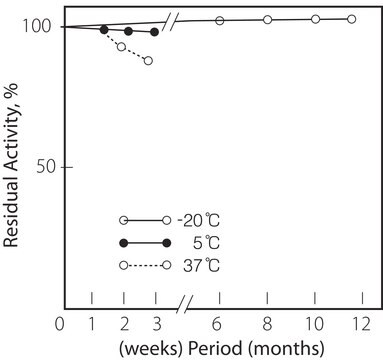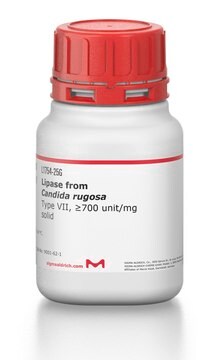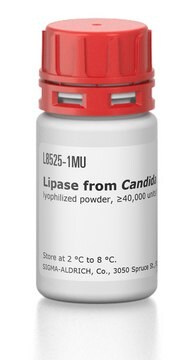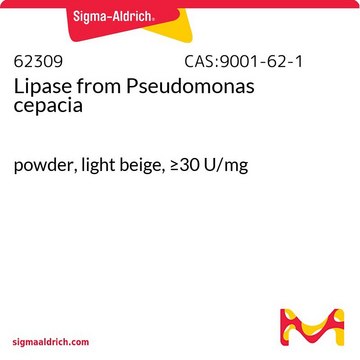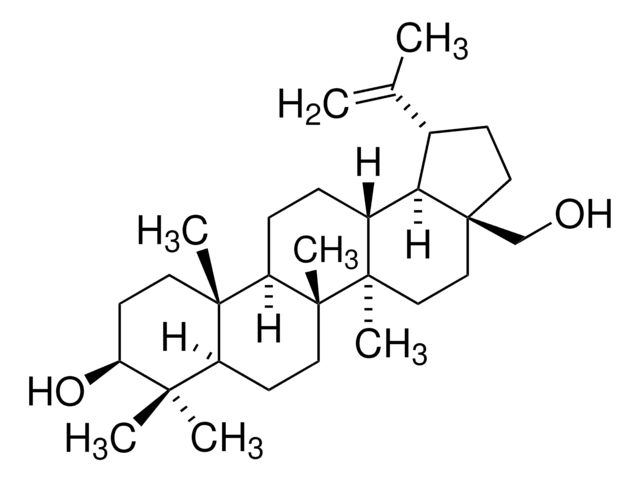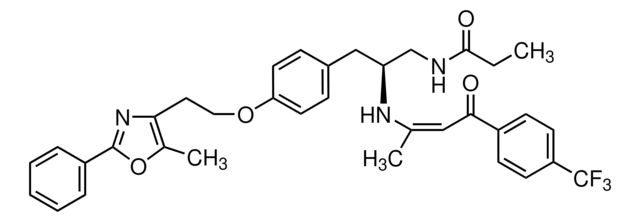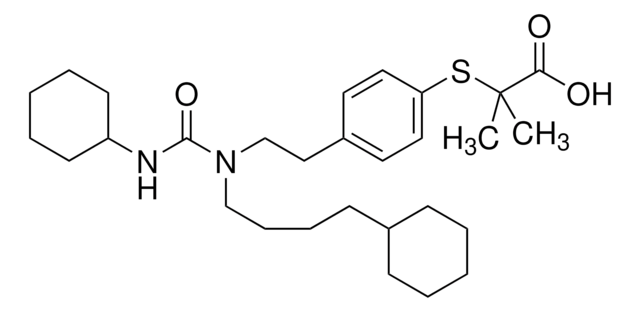P0359
Palmitoylethanolamide
≥98% (HPLC), powder, cannabinoid receptor agonist
Synonym(s):
N-(2-Hydroxyethyl)hexadecanamide, PEA, Palmidrol
Sign Into View Organizational & Contract Pricing
All Photos(1)
About This Item
Empirical Formula (Hill Notation):
C18H37NO2
CAS Number:
Molecular Weight:
299.49
EC Number:
MDL number:
UNSPSC Code:
12352200
PubChem Substance ID:
NACRES:
NA.77
Recommended Products
Product Name
Palmitoylethanolamide,
form
powder
Quality Level
storage temp.
−20°C
SMILES string
CCCCCCCCCCCCCCCC(=O)NCCO
InChI
1S/C18H37NO2/c1-2-3-4-5-6-7-8-9-10-11-12-13-14-15-18(21)19-16-17-20/h20H,2-17H2,1H3,(H,19,21)
InChI key
HXYVTAGFYLMHSO-UHFFFAOYSA-N
Gene Information
human ... CNR1(1268) , CNR2(1269)
rat ... Faah(29347)
Application
Palmitoylethanolamide has been used as a reference standard in mass spectrometry (MS/MS).
Biochem/physiol Actions
Palmitoylethanolamide (PEA) is a natural fatty acid amide of ethanolamine and palmitic acid. It is found in soybeans, egg yolk, and many other food sources. PEA is an endogenous cannabinoid receptor agonist. It is a peroxisome proliferator-activated receptor α (PPAR-α) ligand. PEA possesses anti-inflammatory, anti-allergic, neuroprotective, and analgesic activities. It belongs to the class of lipid mediators and the N-acylethanolamine family. PEA blocks the release of pro-inflammatory mediators from activated mast cells and prevents the recruitment of activated mast cells at the site of nerve injury.
Linkage
Structural analog of anandamide.
Signal Word
Danger
Hazard Statements
Precautionary Statements
Hazard Classifications
Aquatic Chronic 2 - Eye Dam. 1 - Skin Irrit. 2
Storage Class Code
13 - Non Combustible Solids
WGK
WGK 2
Flash Point(F)
Not applicable
Flash Point(C)
Not applicable
Personal Protective Equipment
dust mask type N95 (US), Eyeshields, Gloves
Choose from one of the most recent versions:
Already Own This Product?
Find documentation for the products that you have recently purchased in the Document Library.
Customers Also Viewed
Melania Melis et al.
The Laryngoscope, 129(9), E307-E312 (2019-01-25)
Taste sensitivity varies greatly among individuals influencing eating behavior and health, consequently the disorders of this sense can affect the quality of life. The ability to perceive the bitter of thiourea compounds, such as phenylthiocarbamide (PTC), has been largely reported
Didier M Lambert et al.
Current medicinal chemistry, 9(6), 663-674 (2002-04-12)
The discovery of anandamide as an endogenous ligand for the cannabinoid receptors has led to a resurgence of interest in the fatty acid amides. However, N-palmitoylethanolamine (PEA), a shorter and fully saturated analogue of anandamide, has been known since the
Xiao Shi et al.
PloS one, 11(3), e0152581-e0152581 (2016-04-01)
Methamphetamine (MA) and neurotransmitter precursors and metabolites such as tyramine, octopamine, and β-phenethylamine stimulate the G protein-coupled trace amine-associated receptor 1 (TAAR1). TAAR1 has been implicated in human conditions including obesity, schizophrenia, depression, fibromyalgia, migraine, and addiction. Additionally TAAR1 is
Tessa L Crume et al.
American journal of obstetrics and gynecology, 215(5), 609-609 (2016-10-30)
Consistent evidence of an influence of maternal dietary intake during pregnancy on infant body size and composition in human populations is lacking, despite robust evidence in animal models. We sought to evaluate the influence of maternal macronutrient intake and balance
Lili He et al.
Journal of chromatographic science, 54(8), 1428-1434 (2016-05-04)
This article aims to build up a simple, rapid and accurate capillary zone electrophoresis (CZE) method for the separation of biogenic amines (BAs). Here, 10 key BAs (phenethylamine, histamine, tryptamine, tyramine, 5-hydroxytryptamine, octopamine, dopamine, norepinephrine, epinephrine and carnosine) owning significant
Our team of scientists has experience in all areas of research including Life Science, Material Science, Chemical Synthesis, Chromatography, Analytical and many others.
Contact Technical Service